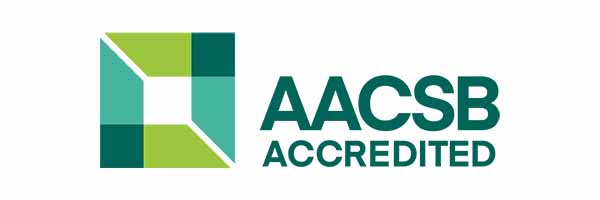Apply
The DBA is a research degree and therefore a much more involved and personal journey than previous programmes of study that you may have undertaken. The preparation carried out prior to beginning your DBA will significantly enhance your DBA experience. We see the application’s process as the beginning of the relationship between the student and the University, and an important part of this preparation, so we promote an interactive approach.
Therefore before applying it is worth considering the following:
- the DBA is an intensive programme and as a practising manager, you'll have to balance this with your job and family commitments – are you certain that you'll be able to maintain an acceptable work-life balance?
- the DBA requires a certain amount of pre-existing subject-specific and domain knowledge – are you certain that you have this knowledge?
- research in a DBA is usually based within a company or industry – are you certain that you will be working with you company or within your industry for the duration of your research
Therefore, before submitting your application it may be useful to contact the Director of DBA programmes, Dr Steve Paton. This initial contact will allow us to explore your research interests and motivations and help you construct the best application possible. Our aim is to ensure that you're suited to this programme, you're fully prepared to embark on this programme and that the process of application is as straightforward as possible. A successful application requires a good fit between your research interests and those of Strathclyde Business School.
Pre-requisites
You must hold a UK Honours degree, or overseas equivalent, at minimum 2:1 level or a Masters degree in a relevant discipline from a recognised academic institution. In addition you would be expected to have a minimum of five years management experience.
DBA Research Brief
Your DBA application must contain a document that describes in broad terms what you are interested in researching. This brief will form the starting point for our discussion and will help us to select a supervisor for you.
Due to the variety and diversity of research projects that can be undertaken there is no ideal form of brief. The key thing is that it communicates clearly what you are interested in. Below is a list of the information that you should aim to include in your brief. Your entire brief should be no more than 500 words.
Research topic area
This is a description of what you are interested in and should be written in broad terms. For example topic areas may include strategic management, change management, leadership, etc. You might visit our departmental website pages for more detail on the broad areas that each department is active within.
Research imperative
This is a statement explaining why this research is important and why you are interested in it.
Research Aim
This explains what you trying to achieve with your research.
Research context
This is a description of where your research will be carried out. This may include an overview of the industry and some information on the company (or companies) that your research might take place in.
Research Foundation
This details the current state of knowledge in your research area.









